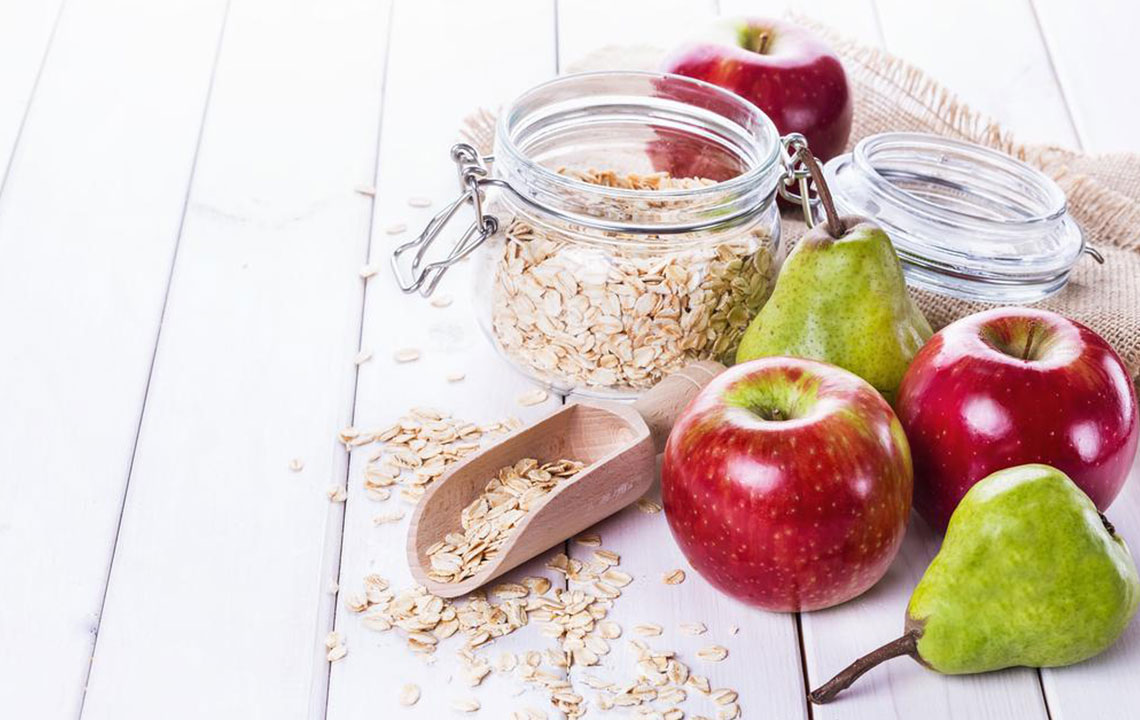Comprehensive Approach to Managing and Treating Diarrhea Effectively
This comprehensive guide offers detailed insights into managing and treating diarrhea effectively, emphasizing causes, symptoms, home remedies, dietary adjustments, and when to seek medical help. Proper hydration, nutritional strategies, and preventive measures are highlighted as essential components for quick recovery and long-term gut health. Suitable for anyone looking to understand how to handle diarrhea safely and prevent complications, this article provides actionable advice backed by medical knowledge.

Comprehensive Approach to Managing and Treating Diarrhea Effectively
Diarrhea is a common gastrointestinal condition characterized by frequent, loose, or watery bowel movements that often lead to dehydration, discomfort, and fatigue. While in many cases, diarrhea resolves on its own within a few days, persistent or severe cases can signal underlying health issues requiring medical attention. Understanding the causes, symptoms, and effective management strategies is crucial for preventing complications and maintaining overall digestive health.
Understanding the Causes of Diarrhea
Many people are unaware of the diverse causes of diarrhea, often attributing it solely to dietary choices or temporary stomach upset. However, diarrhea can result from a wide range of factors, including infections, food intolerances, medications, and underlying medical conditions. Viral infections such as norovirus, rotavirus, and adenovirus are among the most common causes of acute diarrhea worldwide. Bacterial infections caused by pathogens like Salmonella, Escherichia coli, and Shigella can also lead to diarrhea, often accompanied by fever, cramps, and vomiting.
In addition to infections, parasitic invasions—such as Giardia lamblia and Cryptosporidium—might cause prolonged diarrhea, especially in areas with poor sanitation. Medications, particularly antibiotics, can disrupt the balance of gut bacteria, leading to antibiotic-associated diarrhea. Food intolerances, especially to lactose or fructose, are also prevalent triggers, often resulting in chronic or recurrent symptoms. Furthermore, underlying health conditions like irritable bowel syndrome (IBS), inflammatory bowel disease (IBD), celiac disease, or malabsorption syndromes can contribute to diarrhea episodes that persist over time.
Diagnosing the specific cause of diarrhea involves thorough medical evaluation, including stool tests, blood work, and sometimes imaging studies. These tests help identify infections, inflammation, or other contributing factors. Accurate diagnosis is essential to formulate an effective treatment plan, especially for persistent or severe cases.
Effective Strategies for Managing Diarrhea
While mild diarrhea can often be managed successfully at home, more severe or prolonged cases warrant professional medical intervention. The primary goals of treatment are to prevent dehydration, restore electrolyte balance, and address the underlying cause of diarrhea.
Hydration and Electrolyte Replacement
The most critical aspect of diarrhea management is preventing dehydration. Diarrhea causes significant loss of water and electrolytes, which can lead to dehydration, especially in vulnerable populations such as children, the elderly, and immunocompromised individuals. To counteract this, increasing fluid intake is essential. Drinking plain water, oral rehydration solutions (ORS), clear broths, and electrolyte-rich drinks like sports beverages can help replenish lost fluids and electrolytes. It's advisable to avoid sugary drinks, caffeine, and alcohol, as they may exacerbate dehydration or irritate the digestive tract.
Dietary Adjustments for Faster Recovery
Adjusting your diet during and after episodes of diarrhea can significantly improve recovery. The BRAT diet—bananas, rice, applesauce, and toast—is often recommended because these foods are bland, easy to digest, and help firm up stools. Including probiotic-rich foods, such as yogurt, kefir, or fermented vegetables, can promote the growth of healthy gut bacteria, aiding in restoring intestinal balance. Additionally, consuming lean proteins like chicken or fish and cooked vegetables can provide necessary nutrients without overburdening the digestive system.
Medications and Supplementation
Over-the-counter remedies can provide symptomatic relief for diarrhea. Bismuth subsalicylate (Pepto-Bismol) can help reduce stool frequency and alleviate abdominal discomfort. Loperamide (Imodium) slows intestinal motility, allowing for more solid stool formation. However, these medications should be used cautiously and only under medical supervision, especially if an underlying infection is suspected. In cases where bacterial infections are diagnosed, healthcare providers may prescribe antibiotics. Probiotics, available in supplement form or through probiotic foods, can also help restore gut flora and shorten the duration of diarrhea.
When to Seek Medical Attention
While many cases of diarrhea resolve with home care, certain situations warrant immediate medical evaluation. Seek urgent medical attention if you experience signs of severe dehydration (such as dizziness, dry mouth, or decreased urination), blood in stool, high fever, severe abdominal pain, or diarrhea lasting longer than two days in adults or one day in children. Persistent diarrhea may indicate chronic health issues, requiring comprehensive diagnosis and tailored treatment. Prompt medical care is essential to prevent complications like electrolyte imbalance, dehydration, or more severe conditions.
Preventive Measures to Reduce Diarrhea Risk
Prevention is always better than cure. To minimize the risk of diarrhea, practice good hygiene, such as frequent handwashing with soap, especially before eating and after using the restroom. Be cautious about the quality of food and water, particularly when traveling to regions with poor sanitation. Proper food handling, cooking meats thoroughly, and avoiding contaminated water sources can significantly reduce infection risk. Vaccinations, such as rotavirus vaccines, are also effective preventive tools, especially for young children.
In conclusion, diarrhea, while common, can be effectively managed with a combination of home remedies, dietary adjustments, and appropriate medical care. Understanding the causes, recognizing when to seek help, and maintaining hydration are pivotal. Adopting preventive practices can further safeguard your digestive health, reducing the incidence and severity of diarrhea episodes. Always consult healthcare professionals for persistent or severe symptoms to ensure accurate diagnosis and effective treatment, promoting long-term gastrointestinal wellness.





